We are delighted to announce the 15 student-faculty teams selected to receive awards for Spring 2019. Congratulations to all award recipients!
SHARE Awards support undergraduate research apprenticeships in the social sciences, humanities, and arts, offering students majoring in these fields opportunities to develop inquiry skills and explore research interests early in their college careers.
Project Title: Exploring the Upper Crust of Mesopotamian Society: An Archaeological Study of Bread Production at Tell Leilan
Student Apprentice: Stephen Baker, Anthropology and Physiology & Neurobiology
Faculty Mentor: Alexia Smith, Anthropology
Project Title: Head vs. Heart Beliefs: Comparing Intuitive and Rational Cognitive Judgments
Student Apprentice: Erin Blake, IMJR: Mental Health & Well-Being
Faculty Mentor: Crystal Park, Psychological Sciences
Project Title: Post-traumatic Growth in Eating Disorder Recovery
Student Apprentice: Michelle Franklin, Nursing
Faculty Mentor: Carrie Eaton, Nursing
Project Title: Study of Language and Math – Mapping Abilities and Math Fluency in Hearing and Deaf Children
Student Apprentice: Caroline Hebert, Speech, Language & Hearing Sciences and Cognitive Science
Faculty Mentor: Marie Coppola, Psychological Sciences
Project Title: “Advice and Consent” or “Search and Destroy?”: The Senate Judiciary Committee’s Review of U.S. Supreme Court Nominations in the Era of Party Polarization
Student Apprentice: John Kelly, Political Science
Faculty Mentor: Kimberly Bergendahl, Political Science
Project Title: The Scholio Project: Designing Online News Comments to Promote Intellectual Humility in Public Discourse
Student Apprentice: Addison Kimber, Political Science and Biology
Faculty Mentor: Michael Morrell, Political Science
Project Title: Justice in the Dark: How Secretively Funded Campaign Advertisements Shape Judicial Campaigns
Student Apprentice: Hollianne Lao, Political Science
Faculty Mentor: Virginia Hettinger, Political Science
Project Title: The PRISM Project: A Mindfulness Intervention on Substance Abuse
Student Apprentice: Kasey Macedo, Psychological Sciences and Human Development & Family Studies
Faculty Mentor: Beth Russell, Human Development & Family Studies
Project Title: Preterm Infant Feeding Type in Relation to Neurobehavioral Development Outcomes and Performances in the NICU
Student Apprentice: Effie Makris, Nursing
Faculty Mentor: Xiaomei Cong, Nursing
Project Title: Musical Rhythm and Nationalism in the Eastern Bloc
Student Apprentice: Maria Mandoiu, Music History and Anthropology
Faculty Mentor: Daniel Goldberg, Music
Project Title: Patterns of African American Life in Post War Hartford (1940-2010)
Student Apprentice: Chloe Murphy, Africana Studies
Faculty Mentor: Fiona Vernal, History and Africana Studies
Project Title: Puerto Rican Heritage Trail
Student Apprentice: Alejandro Rodriguez, History
Faculty Mentor: Anne Gebelein, Latin American and Caribbean Studies
Project Title: Digitizing the Paper Trail: Enslaved and Freedpeople in The Spanish Empire
Student Apprentice: Jenifer Rojas Orellana, Political Science
Faculty Mentor: Ricardo Salazar-Rey, History
Project Title: Can Inclusive Education Programs Reduce Racial and Gender Discrimination in the Labor Market?
Student Apprentice: Mary Vlamis, Economics and Political Science
Faculty Mentor: Jorge Aguero, Economics
Project Title: Stratified Model Minorities: Educational Experiences and Social Mobility of Chinese Immigrants from Taishan and Fuzhou
Student Apprentice: Jingya Zhu, Sociology and Communication
Faculty Mentor: Simon Cheng, Sociology
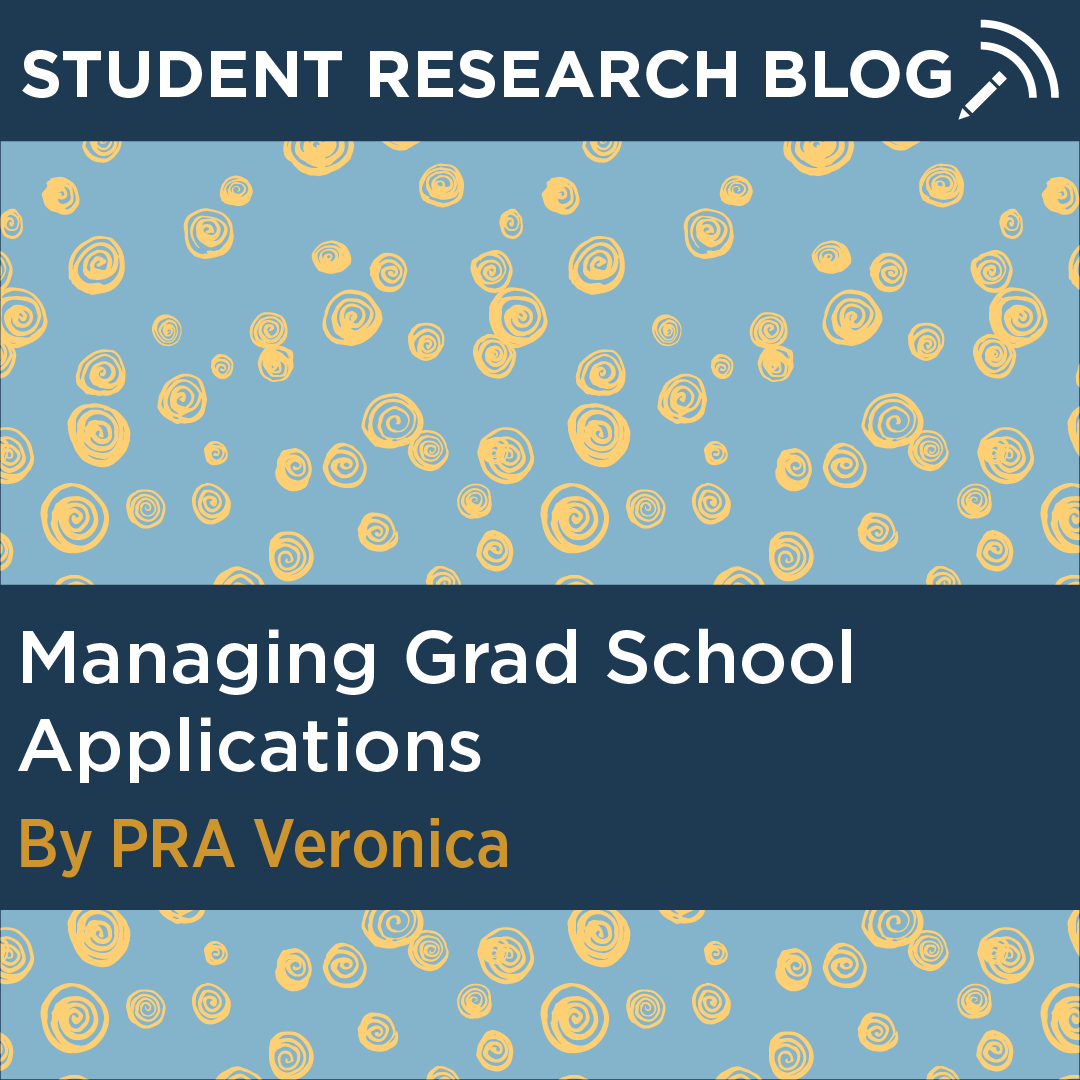
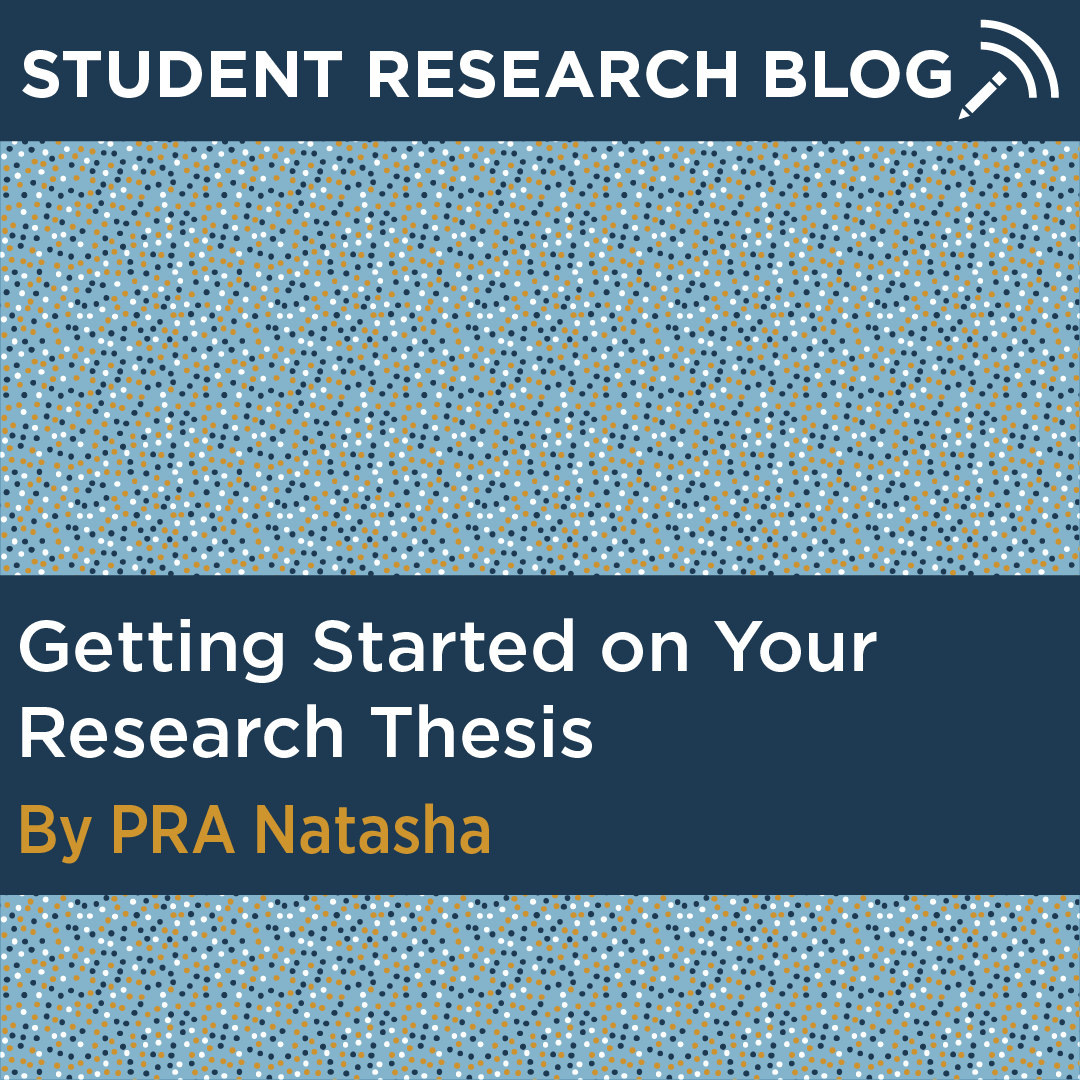 If you are finishing up research, are a senior, or are in the honors program, you may be starting a research thesis soon. I currently am beginning to compose my honors thesis for the research that I have been doing for the past three years. This definitely sounded like a daunting task, however hopefully this blog post can eliminate some of your fears and help you tackle and get started on your thesis!
If you are finishing up research, are a senior, or are in the honors program, you may be starting a research thesis soon. I currently am beginning to compose my honors thesis for the research that I have been doing for the past three years. This definitely sounded like a daunting task, however hopefully this blog post can eliminate some of your fears and help you tackle and get started on your thesis! 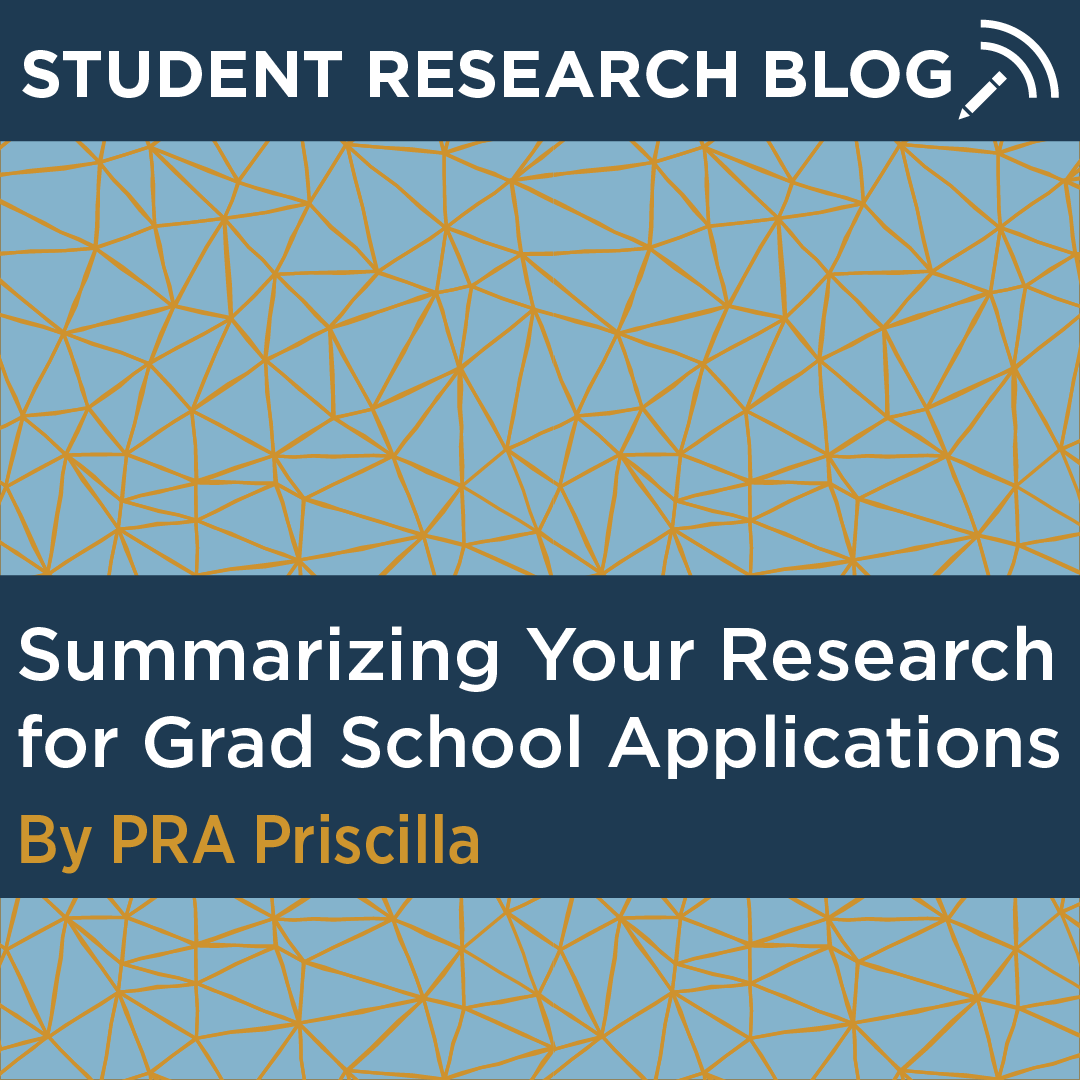
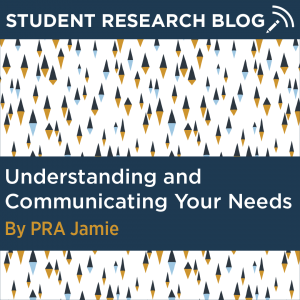 When joining an established professional environment, it can be difficult to understand how to fit in while also receiving the resources and support you need to succeed. It is even more difficult as an undergraduate in an environment full of grad students who have very different needs and priorities from your own.
When joining an established professional environment, it can be difficult to understand how to fit in while also receiving the resources and support you need to succeed. It is even more difficult as an undergraduate in an environment full of grad students who have very different needs and priorities from your own.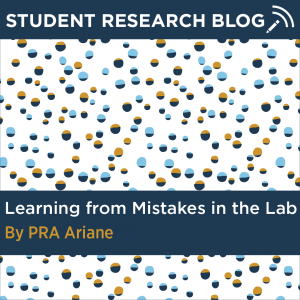 We’ve all heard the saying, “everyone makes mistakes.” But when you’re the one who’s to blame, it’s can be harder to remember that you’re not alone. Over the past two years working in a lab at UConn, I’ve made many mistakes and been forced to face the consequences. In this post, I share with you some of my biggest ones in the hopes that we can all feel a little less alone the next time we mess up.
We’ve all heard the saying, “everyone makes mistakes.” But when you’re the one who’s to blame, it’s can be harder to remember that you’re not alone. Over the past two years working in a lab at UConn, I’ve made many mistakes and been forced to face the consequences. In this post, I share with you some of my biggest ones in the hopes that we can all feel a little less alone the next time we mess up. 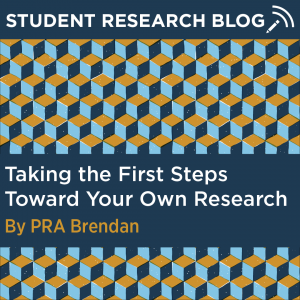 Since finishing a research apprenticeship with a faculty mentor I have wanted to start my own research project, but I have struggled to figure out how. I’ve known for a while that I want to explore ways to utilize photography to help with environmental efforts to preserve natural parks and resources in the West, but it seemed like an enormous project to even begin. I became overwhelmed as I tried looking into past studies, professors on campus who work in this area, and even explored internships, yet it just was not coming together.
Since finishing a research apprenticeship with a faculty mentor I have wanted to start my own research project, but I have struggled to figure out how. I’ve known for a while that I want to explore ways to utilize photography to help with environmental efforts to preserve natural parks and resources in the West, but it seemed like an enormous project to even begin. I became overwhelmed as I tried looking into past studies, professors on campus who work in this area, and even explored internships, yet it just was not coming together. 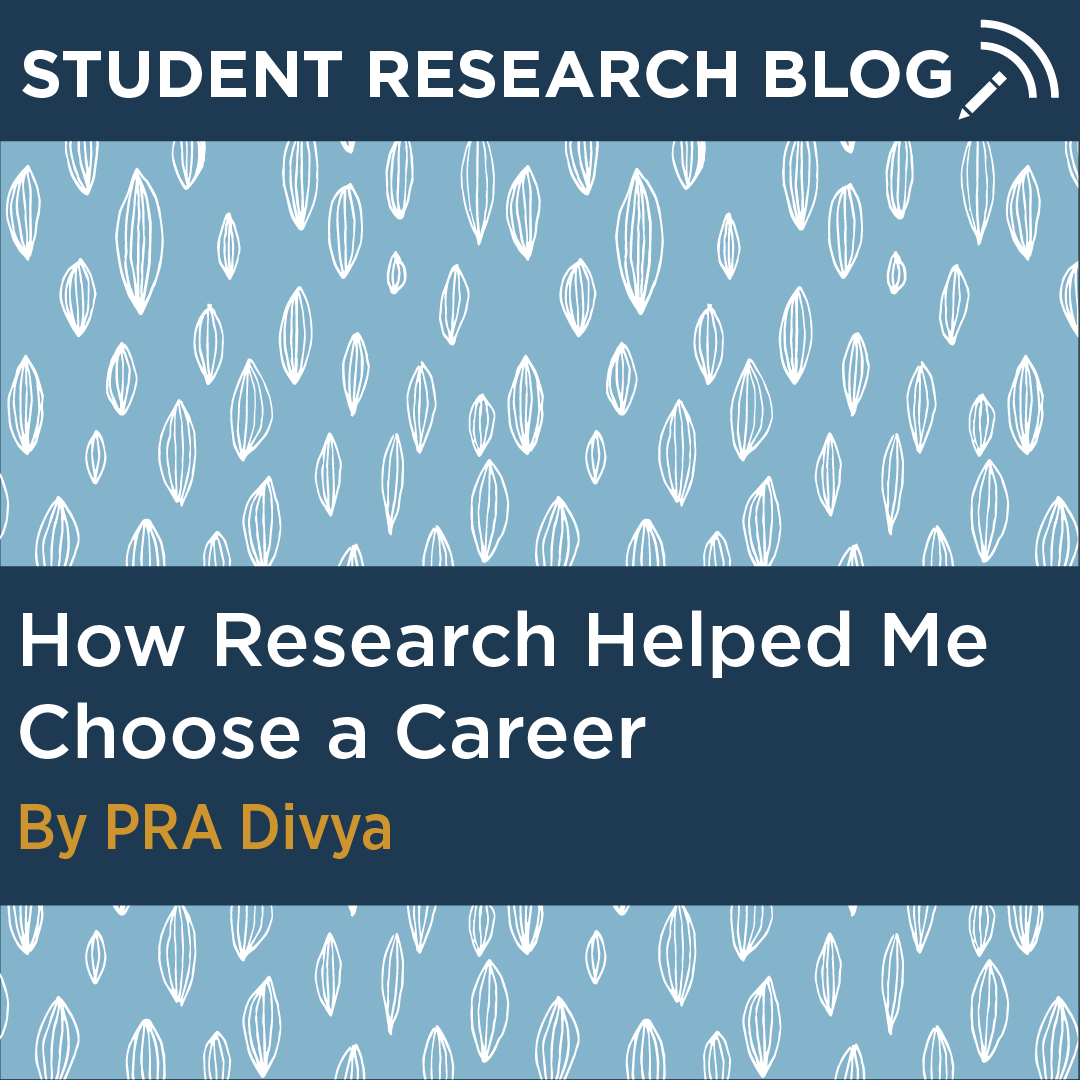 As an undergraduate student there is a lot of pressure on you to figure out exactly what you want to do with the rest of your life at such a young age. Enrolling at UConn at 17 years old, I had no clue what some of the 110+ majors offered here even meant (Cognitive Science? What?) let alone having to choose one.
As an undergraduate student there is a lot of pressure on you to figure out exactly what you want to do with the rest of your life at such a young age. Enrolling at UConn at 17 years old, I had no clue what some of the 110+ majors offered here even meant (Cognitive Science? What?) let alone having to choose one.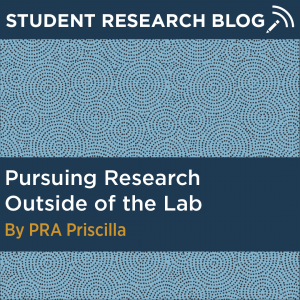 When attending such a well-known research university, it is difficult to go a day without hearing the seemingly hackneyed expression “get involved in research early on.” So often, this is interpreted to mean you should get involved in a professor’s research lab from freshman or sophomore year and continue this research until senior year. Although this a great form of a research experience, it is not the only form of undergraduate research.
When attending such a well-known research university, it is difficult to go a day without hearing the seemingly hackneyed expression “get involved in research early on.” So often, this is interpreted to mean you should get involved in a professor’s research lab from freshman or sophomore year and continue this research until senior year. Although this a great form of a research experience, it is not the only form of undergraduate research.